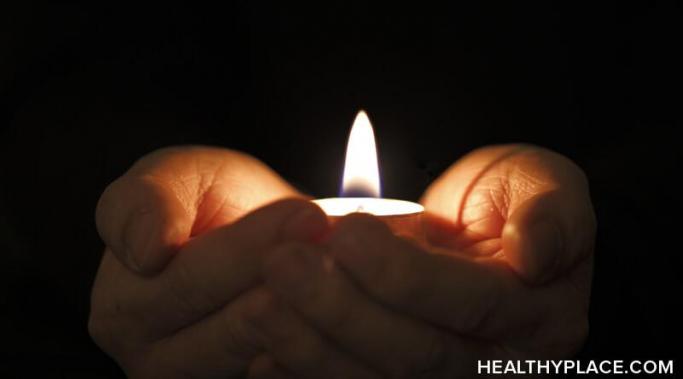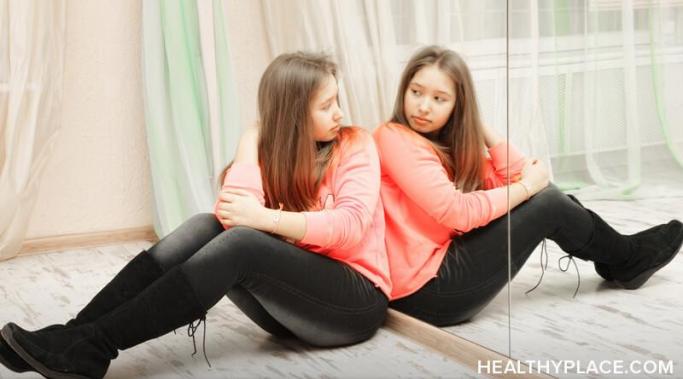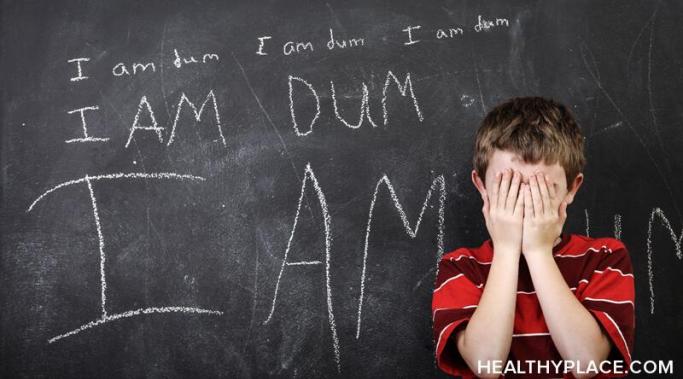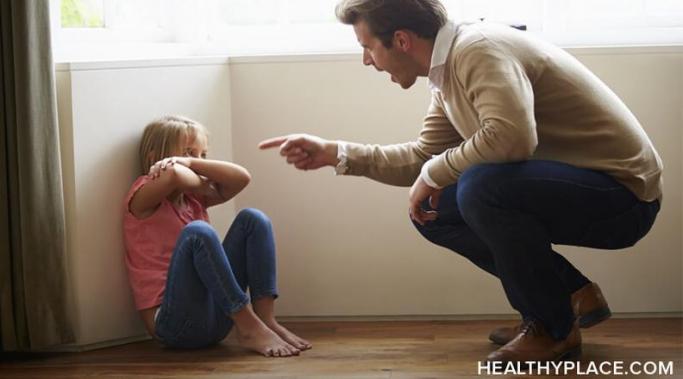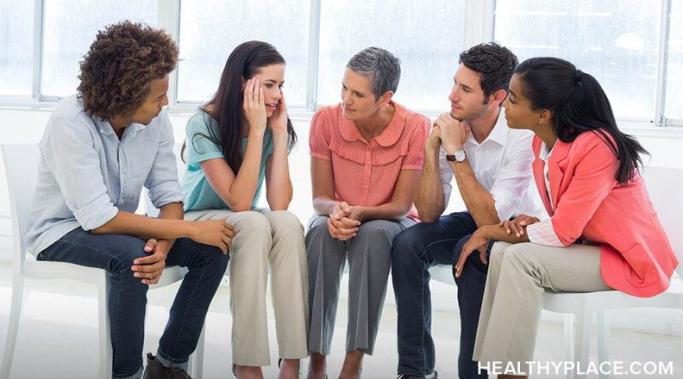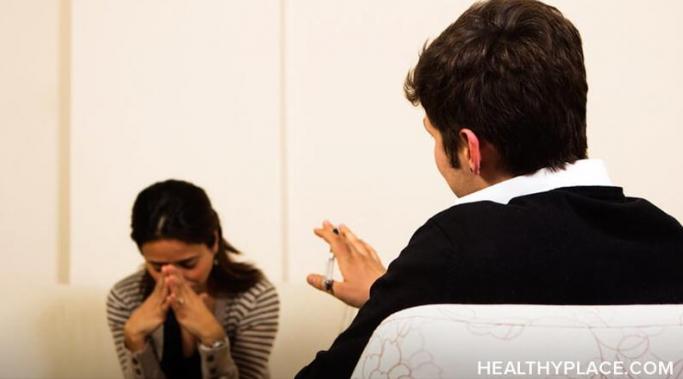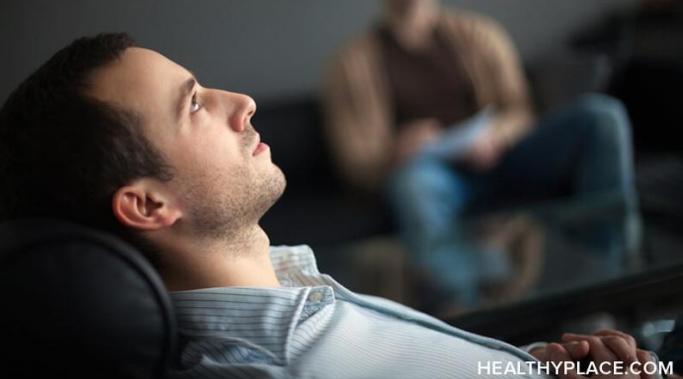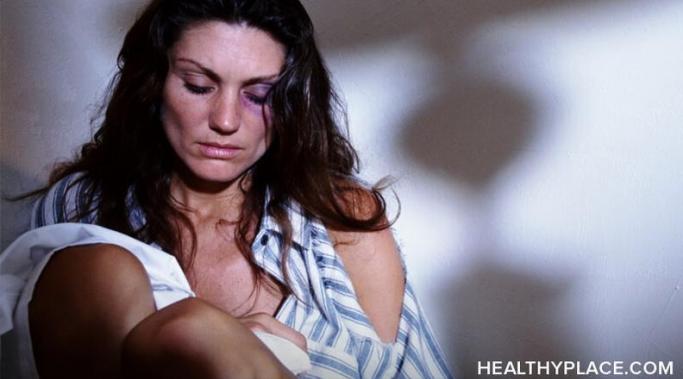Losing a loved one to suicide is an emotional journey that no one anticipates or knows how to react to. As a personal supporter of National Suicide Prevention Month, I wanted to share some of my valuable lessons and stories that taught me how to combat the natural urge to inflict verbal abuse on yourself and to avoid blaming yourself after the death of a loved one by suicide. (Note: This post contains a trigger warning.)
Healing After Abuse
It can be hard to tell when you're in a relationship: Is it verbal abuse or something else? Over time, every relationship develops a unique dialogue that you share with your partner--a communication style you both understand. But what happens when verbal abuse gets mixed into that dialogue? Is it a unique love language or is it verbal abuse? This was a struggle I faced in many forms over the course of one of my longest relationships.
Covert verbal abuse is a type of verbal abuse which can come in many forms and at many speeds. But at any rate, it can be detrimental to your self-esteem both during that relationship and as you live your life even after the abuse has stopped. Covert verbal abuse can have lasting effects that are just as impactful to your psyche as severe verbal abuse. It was really hard for me to identify this as the root behind a lot of my problems with confidence afterward.
Can the verbal abuse victim become the abuser? And, if so, who does the abuse victim abuse? The answer will surprise you, so read on.
One of the worst things about being verbally abused by parents is that the damage can be lifelong, yet it can take a lifetime for someone to recognize the pattern of abuse they experienced.
Setting healthy boundaries now that my abusive relationship has ended is one of the most difficult things I’ve had to figure out recently.
What many people often fail to understand about leaving an abusive relationship is that it isn't the end of the pain. It’s only the beginning of a new kind of pain, as recovery begins and we start to fully recognize everything we've lost. We also begin to understand what we've gained. Gaining something, however, can be painful too at first because it means something has changed and that we can never go back to the way things once were.
I recently saw a quote in which someone was lamenting the fact that there were more articles describing narcissism and narcissistic abuse than how to heal after abuse. I thought it was a strange distinction to make. When survivors of narcissistic abuse read articles about narcissism and narcissistic abuse, that is a form of healing after abuse.
I've come face-to-face with many myths that re-traumatize victims of abuse while recovering from an abusive relationship amidst a roller coaster of emotions. For me, it has brought on a lot of guilt and anxiety about how it has impacted my other relationships. It's one thing to write about it so openly, knowing others who have been through the same thing will read it and relate to it. It's another thing to talk about it with people I'm close to who haven't experienced it, unsure of how they will react. I've often found myself at a loss for how to explain or even share what I've been through in those situations. Sometimes, the way people respond to me show how societal myths re-traumatize victims of abuse.
How can abuse lead to suicidal thoughts? Men and women in the depths of an abusive relationship often find themselves considering options they never anticipated they would. Abuse can take otherwise happy, outgoing, social and optimistic people and beat them down into a shell of who they once were. Both physical and verbal attacks have the power to do this to a man or a woman. Read on to learn how abuse can lead to suicidal thoughts.
